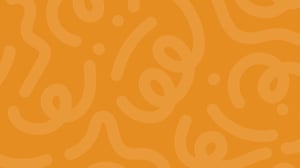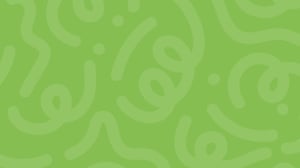
Personal Learning Plans
About PLPs

Why are PLPs important?
A career pathway is an area of concentration within a career cluster. Each pathway contains a group of careers requiring similar academic and technical skills as well as requiring similar industry certifications or postsecondary education.
Typically students work with educators, counselors, advisors and parents to create their personalized learning plans. This collaboration helps to keep everyone on the same page with students' career and academic goals. Students' plans are commonly reviewed and updated annually to reflect changes in their interests, abilities and aspirations.
What is South Dakota's Requirement for PLPs?
- The South Dakota Department of Education does not require students’ personal learning plans to be in a specific template.
- Each individual school district has local control over what their students' personal learning plans will look like and what they will contain.
- The only requirement by administrative rule is that all students’ PLPs document a minimum of 22 units of credit.
- Ideally, students should be relating the courses they are planning to take in high school to their academic and career goals for life after high school.
What can be included in a PLP?
Beyond the 22 units of credit that are required by ARSD 24:43:11:01 for a personal learning plan, school districts may choose to ask students to include any or all of the following:
- Example
- college, career and life goals
- strengths and weaknesses
- achievements and milestones
- knowledge and skills students would like to acquire
- personal interest, passions and hobbies
- volunteer and work experiences
- and so much more
Personal Learning Plans may vary from school district to school district as each individual district is able to determine what is best for their students to include in their personal learning plans.
FREQUENTLY ASKED QUESTIONS
Let's answer your questions about PLPs.
A personal learning plan:
- contains past, current and future courses,
- always contains a minimum of 22 units of credit, and
- typically contains more than just course and credit information (such as goals and achievements)
A transcript audit:
- only tracks past and current courses
- only has the number of credits a student has earned, and
- typically only contains course and credit information
- does not meet the SD PLP requirement
PLP's and the Office of Disability Employment Policy
ODEP and its research partners have found that Individualized Learning Plans (ILPs) positively impact all youth's self-determination, leadership abilities, and awareness of career opportunities. In this info-comic, high school senior Shelly learns how to take charge of her future by using an ILP.

Learn about PLPs and Accreditation Reviews
The accreditation office reviews how school districts meet Administrative Rule 24:43:11:01, which includes the requirement for all students in grades 9-12 to have a personal learning plan. Learn more about it on the accreditation webpage.



